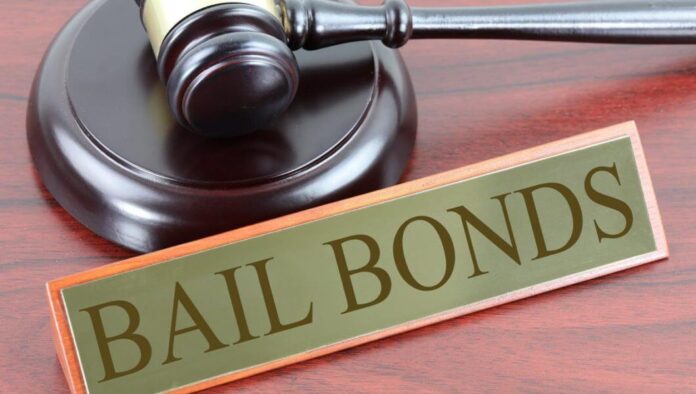When an accused person has been arrested, he/she is taken to court for plea taking. The time frame for an accused person to be produced in court remains 24hours, unless there are other reasons that will procrastinate the process such as investigation.
After a plea is taken, the next stage is the trial process. However, the court’s schedule may be such that not all cases will proceed to trial immediately. This is because of a backlog of cases in the court, pending hearing. Time will normally elapse from the day the plea is taken, to when the trial commences. This is why applications for bail are usually entertained after plea taking.
Bail is the conditional release from custody of an accused person, pending the hearing of his/her case. Bail is a constitutional right. Previously bail could not be granted in respect of capital offences, but it can now be granted in respect of any offence. The main reason for granting bail is to enable the accused person to enjoy freedom while awaiting trial, but also to guarantee that they will attend the trial.
Bail is granted at the discretion of the court, which will consider several factors in doing so; the seriousness of the offence, the accused’s past behavior, the strength of the evidence against the accused person, whether the investigation is complete or what stage they are at, among other reasons. Bail can take the form of cash or a bond, with or without surety. A bond is an undertaking to appear in court, signed by the accused person, while a surety is a person who stands as a witness, that the accused will actually attend the trial.


